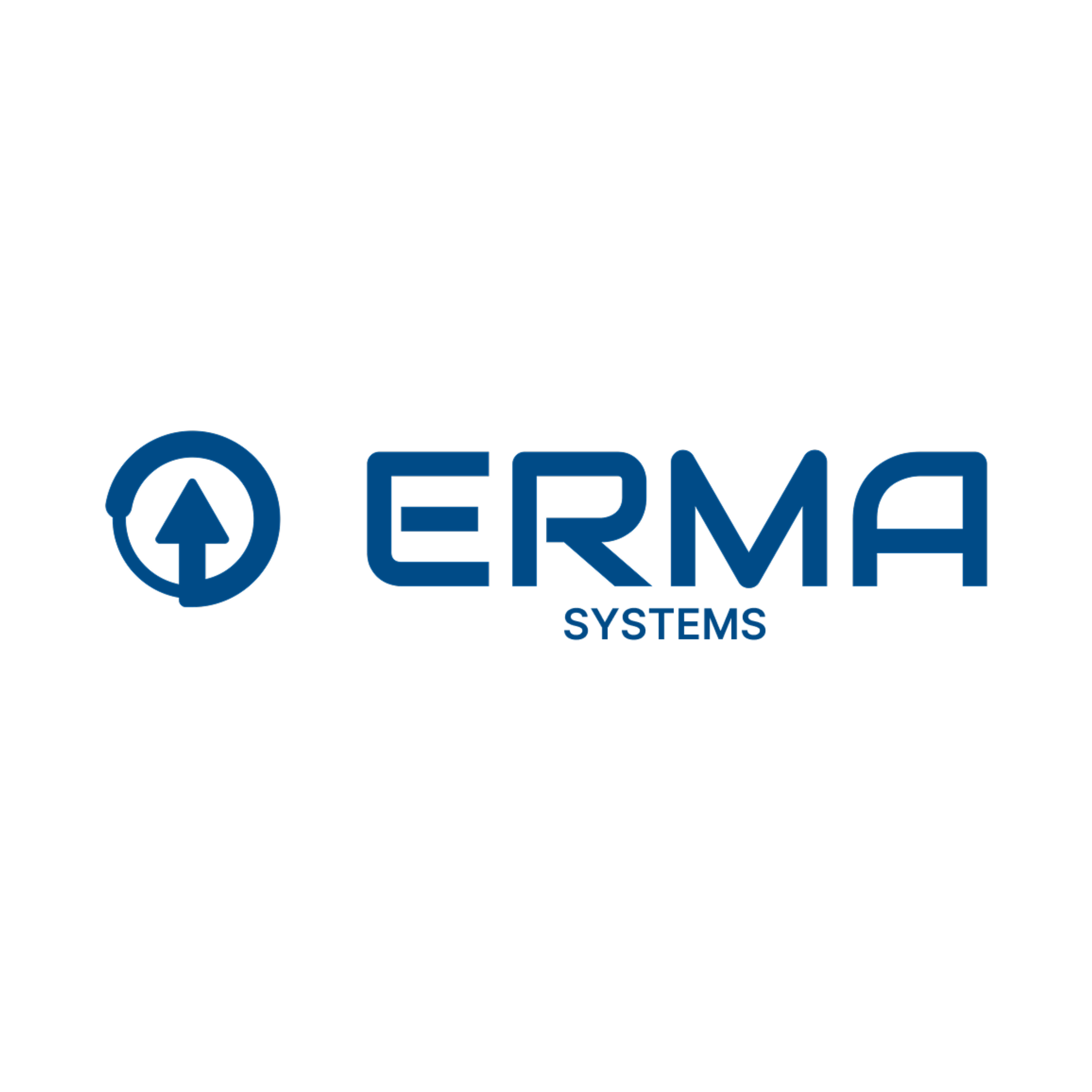BridgeBio Pharma on Wednesday said another one of its experimental medicines met its objectives in a late-stage trial, this time in a rare endocrine disorder.
The therapy, known as encaleret, met all of its primary and key secondary goals in the study of patients with autosomal dominant hypocalcemia Type 1, or ADH1, an inherited condition that causes low levels of calcium in the blood and excess amounts in the urine. According to BridgeBio, 76% of treated study participants achieved normalized calcium levels in the blood and urine after 24 weeks. Comparatively, only 4% of those on conventional therapy, which includes calcium and vitamin D supplements, hit those marks.
A secondary analysis also showed that encaleret corrected levels of parathyroid hormone, which are abnormally low in people with ADH1, in 91% of those who received treatment. That number was only 7% after the initial four-week period when those patients also got supplemental therapy. All responders are off supplements, too.
BridgeBio didn’t provide specifics, but said that the drug was “well-tolerated” and safety findings were “generally consistent" with known ADH1 biology. It intends to file for approval of encaleret next year.
The findings mark another step forward for BridgeBio, a ‘hub-and-spoke’ biotechnology company with a group of drugmaking subsidiaries.
For years, the company struggled to grow its share price, with CEO Neil Kumar contending its unorthodox strategy was underappreciated by biotech investors. That’s changed in 2025, however. Shares have more than doubled since January on the early commercial success of Attruby, a medicine for a type of genetic heart condition. And this week, BridgeBio claimed late-stage study success for two drugs — encaleret and BB-418, a treatment for a form of muscular dystrophy —that are each expected by Wall Street analysts to potentially yield market opportunities of more than $1 billion.
In encaleret’s case, the drug could become part of a new treatment standard for ADH1, a form of hypoparathyroidism. In ADH1, mutations to a gene called CaSR lead the body to produce an errant form of a key protein tasked with regulating levels of calcium and parathyroid hormone. The result is irregular amounts of both, leading to neuromuscular problems and impaired kidney function.
People with the disease typically receive supplements and, in some cases, surgery to remove parathyroid glands if their disease can’t be controlled. Encaleret, by comparison, is meant to normalize calcium and parathyroid hormone levels by binding to and dialing down the activity of the CaSR protein.
In a research note ahead of the results, TD Cowen analyst Tyler Van Buren said a statistically significant benefit over typical care would be “paradigm shifting,” while a 50% improvement on the study’s main measure — which BridgeBio surpassed — would represent a “home run” scenario.
The results “achieved (and sometimes exceeded) Street and company expectations,” wrote Mizuho Securities analyst Salim Syed, on Wednesday.
The findings indicate encaleret has the potential “to become an important new standard of care for this patient community,” said Michael Mannstadt, Chief of the Endocrine Unit at the Massachusetts General Hospital and a study investigator, in a statement provided by BridgeBio.
BridgeBio has estimated there are about 12,000 patients in the U.S. with ADH1 and that anywhere from 3,000 to 5,000 have uncontrolled or severe disease.












